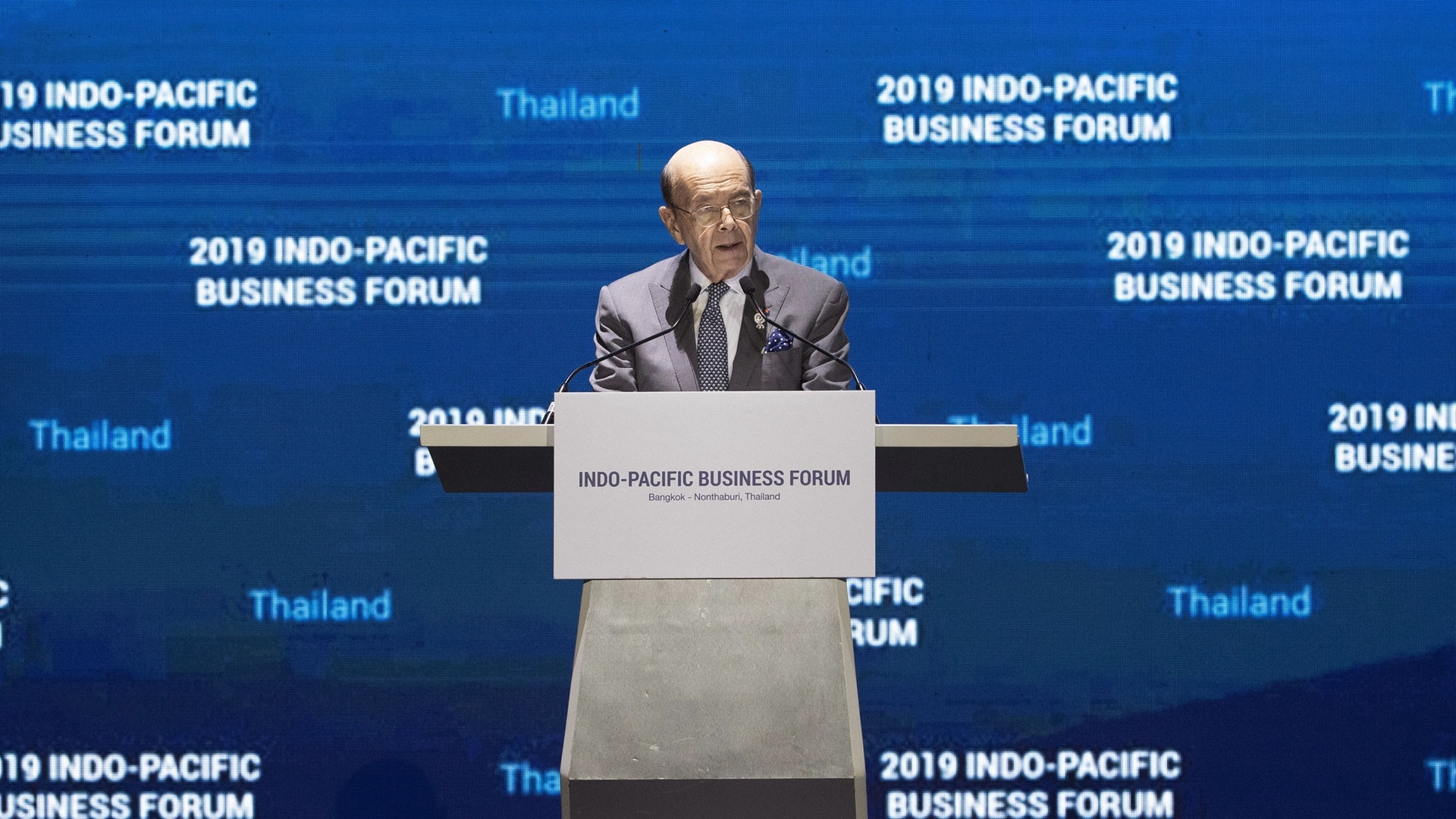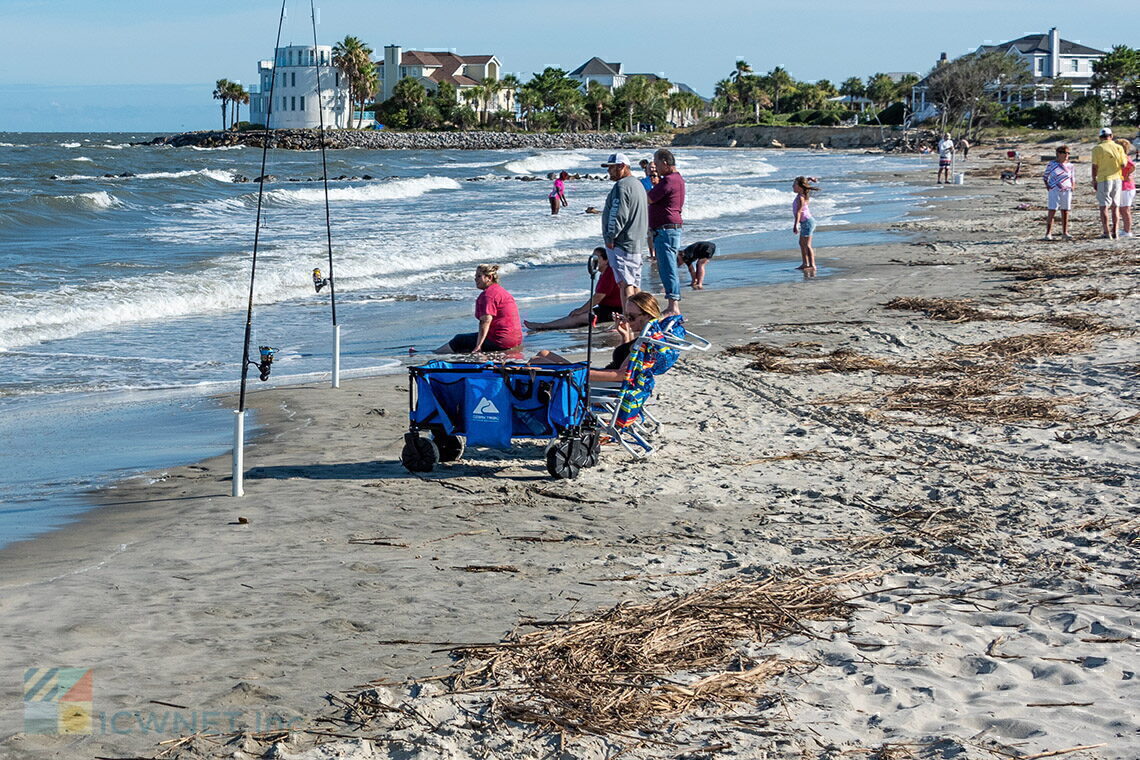When US Commerce Secretary Ross attended the ASEAN Summit on November 5, he said that Washington would launch the “Blue Dot Network” program to counter China’s “Belt and Road.”
The Associated Press reported on the 5th that Ross said at the ASEAN summit that Washington will increase investment and trade in Asia and support the “sustainable development” plan in Asia with the “Blue Point Network”. He said that many people misunderstood the Donald Trump government’s withdrawal from the Trans-Pacific Partnership (TPP) in 2017, in order to reduce Washington’s interest in the region.
Ross stressed that the United States has no intention of giving up its military and geopolitical stance, saying that “we will stay here forever, and we will invest more here, continue to increase bilateral trade, and we will spend more time in the region.”
The name of the Blue Net Project is derived from the work of the late astronomer Carl Sagan, Pale Blue Dot, and the photograph taken by the Voyager 1 unmanned spacecraft from the Earth 6.4 billion kilometers away.
For the content of this plan, Ross said that it is still in its infancy, but will include all countries willing to participate in “sustainable infrastructure development.” And the national security adviser Robert O’Brien said that the plan is like the version of the Michelin Guide infrastructure investment plan, rating roads, ports, energy systems, etc.
The US Government’s Overseas Private Investment Corporation (OPIC) website lists the program profile, which means that the Blue Network Project will evaluate and certify the nominated infrastructure projects. The guidelines are to adhere to generally accepted principles and standards and to promote market-led, open and transparent. As well as the financially sustainable development of the Indo-Pacific region and the global infrastructure.
Washington described the “Blue Net Plan” as a “globally recognized official approval” under the common standards of governments, companies and societies such as the United States, Australia and Japan.












